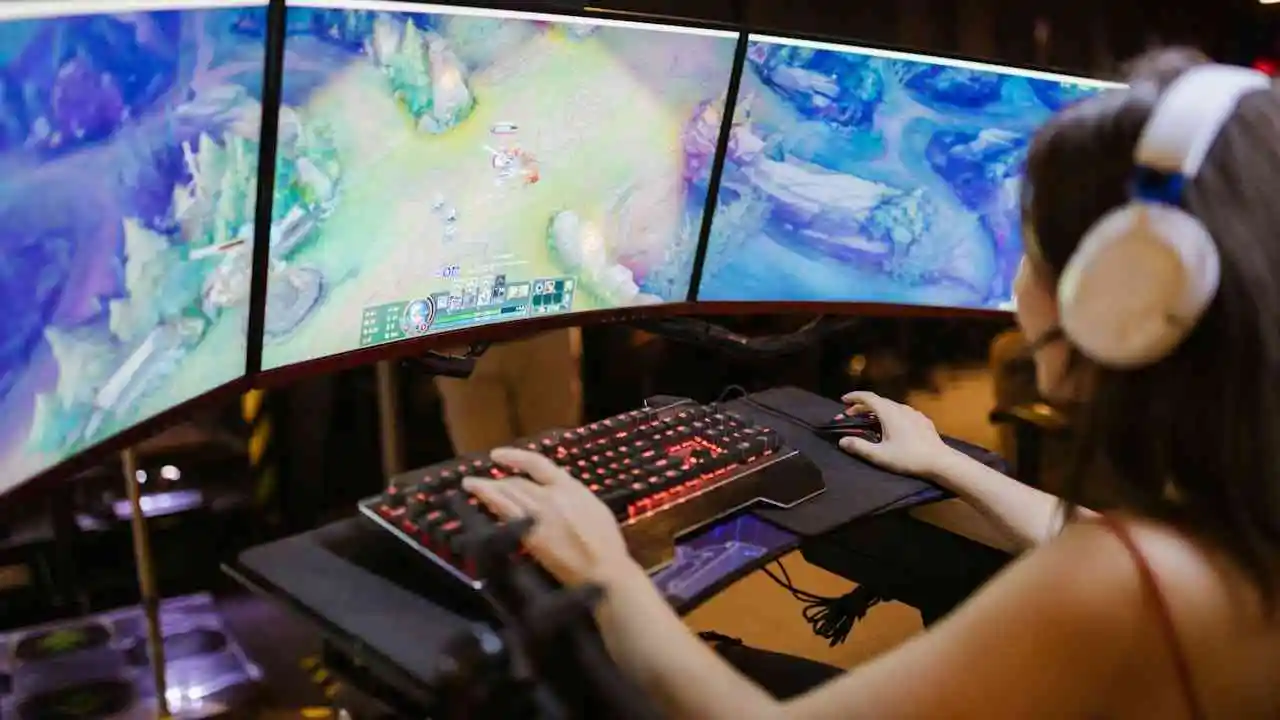Cheating in video games has been a topic of debate since the inception of gaming. While cheating in multiplayer games is almost universally condemned as unethical and detrimental to the gaming experience, the discussion surrounding cheating in single-player games is more complex.
Some argue that cheating in single-player games is a victimless crime, as it doesn’t directly affect other players, while others contend that it still undermines the integrity of the game and the player’s experience. In this article, we’ll delve into the various aspects of cheating in single-player games, exploring the arguments for and against, the ethical considerations, and the potential impact on gaming culture.
The Single-Player Experience:
Single-player games are crafted to provide a unique, immersive experience for the player. Game developers invest significant time and resources into creating intricate storylines, challenging puzzles, and engaging gameplay mechanics to keep players engaged and invested in the game world.
The sense of accomplishment and progression that comes with overcoming obstacles, solving puzzles, and advancing through the game is a fundamental part of the single-player experience. Cheating, in this context, can be seen as a means to bypass the intended challenges and rewards, potentially diminishing the overall experience and the satisfaction derived from genuine achievement.
The Argument for Cheating:
Advocates of cheating in single-player games often argue that it’s a victimless crime. Since the player is not competing against others, using cheats or exploits doesn’t directly impact anyone else’s gameplay experience. Some players may find certain aspects of a game too difficult, tedious, or time-consuming, and cheating can provide a way to progress through the game more quickly or easily. This can be particularly appealing for players who have limited gaming time or those who want to focus on the story or exploration aspects of a game without being hindered by challenging gameplay.
Moreover, some players enjoy experimenting with cheats to explore the game world in ways that aren’t possible through normal gameplay. Cheats can allow players to access hidden areas, unlock special abilities, or manipulate the game environment in creative ways. This type of cheating can be seen as a form of self-expression or a way to extend the longevity of a game by providing new ways to interact with it.
The Argument Against Cheating:
Those who oppose cheating in single-player games argue that it undermines the integrity of the game and the player’s experience. Game developers invest significant time and effort into designing and balancing the gameplay to provide a specific experience for the player. By using cheats, players are essentially disregarding the developers’ vision and intended challenges. Cheating can lead to a less fulfilling gaming experience, as the sense of accomplishment that comes with overcoming difficult obstacles is diminished when cheats are used.
Furthermore, cheating can rob players of the opportunity to develop skills and strategies that are integral to the gaming experience. Many single-player games are designed to encourage problem-solving, critical thinking, and perseverance. By relying on cheats, players may miss out on the opportunity to develop these valuable skills and the satisfaction that comes with mastering a challenging game through legitimate means.
The Ethics of Cheating:
The question of whether cheating in single-player games is wrong ultimately comes down to personal ethics and the individual player’s perspective on the gaming experience. Some may argue that as long as the player is not harming others, they should be free to play the game however they choose. After all, if a player has purchased a game, they should have the autonomy to decide how they want to experience it, even if that means using cheats.
However, others may view cheating as a form of disrespect towards the game’s creators and a devaluation of the gaming experience as a whole. Game developers pour their heart and soul into creating immersive, challenging, and rewarding experiences for players. By using cheats, players are essentially rejecting the developers’ vision and the value of the game as an artistic and interactive medium.
The Impact on Gaming Culture:
While cheating in single-player games may seem like a personal choice, it can still have an impact on the broader gaming culture. If cheating becomes normalized or accepted, it may lead to a shift in how games are designed and played. Developers may feel less inclined to create challenging or intricate gameplay mechanics if they know that players will simply use cheats to bypass them. This, in turn, could lead to a decline in the overall quality and depth of single-player gaming experiences.
Moreover, the acceptance of cheating in single-player games may have a spillover effect on multiplayer gaming. If players become accustomed to using cheats in single-player games, they may be more likely to seek out cheats or exploits in multiplayer games, leading to a rise in unethical behavior and a deterioration of the online gaming experience for others.
The Role of Game Developers:
Game developers also have a role to play in the discussion surrounding cheating in single-player games. Some developers choose to include cheat codes or built-in modifications that allow players to customize their gaming experience. This can be seen as a way to accommodate different playstyles and preferences, giving players the option to tailor the game to their liking.
However, other developers may view cheating as a threat to the integrity of their games and may implement measures to prevent or discourage cheating. This can include implementing anti-cheat software, designing games with cheat-resistant mechanics, or even taking legal action against cheat creators and distributors.
The Future of Single-Player Gaming:
As the gaming industry continues to evolve, the role of cheating in single-player games may also change. With the rise of online connectivity and the increasing popularity of multiplayer games, the distinction between single-player and multiplayer experiences may become more blurred. This could lead to a greater emphasis on fair play and anti-cheat measures, even in traditionally single-player games.
Additionally, the emergence of new gaming technologies, such as virtual reality and cloud gaming, may present new challenges and opportunities for game developers in terms of designing cheat-resistant experiences. As the gaming landscape continues to shift, it will be important for developers, players, and the gaming community as a whole to engage in ongoing discussions about the ethics and impact of cheating in single-player games.
The debate surrounding cheating in single-player games is multifaceted and complex. While some argue that it’s a harmless way to enhance or expedite the gaming experience, others maintain that it undermines the integrity of the game and the player’s journey. The decision to cheat or not to cheat in a single-player game ultimately comes down to personal ethics and the individual’s perspective on what constitutes a meaningful gaming experience.
However, it’s important to consider the potential impact that normalizing cheating can have on the broader gaming culture and the future of single-player game design. As gamers, we should strive to appreciate and respect the craftsmanship that goes into creating immersive and challenging single-player experiences, and approach cheating with a critical and reflective mindset.
Game developers also have a responsibility to consider the role of cheating in their games and to find ways to accommodate different playstyles while maintaining the integrity of the gaming experience. As the gaming industry continues to evolve, it will be crucial for all stakeholders to engage in ongoing conversations about the ethics and impact of cheating in single-player games, to ensure that the art form of gaming continues to thrive and provide meaningful experiences for players around the world.

